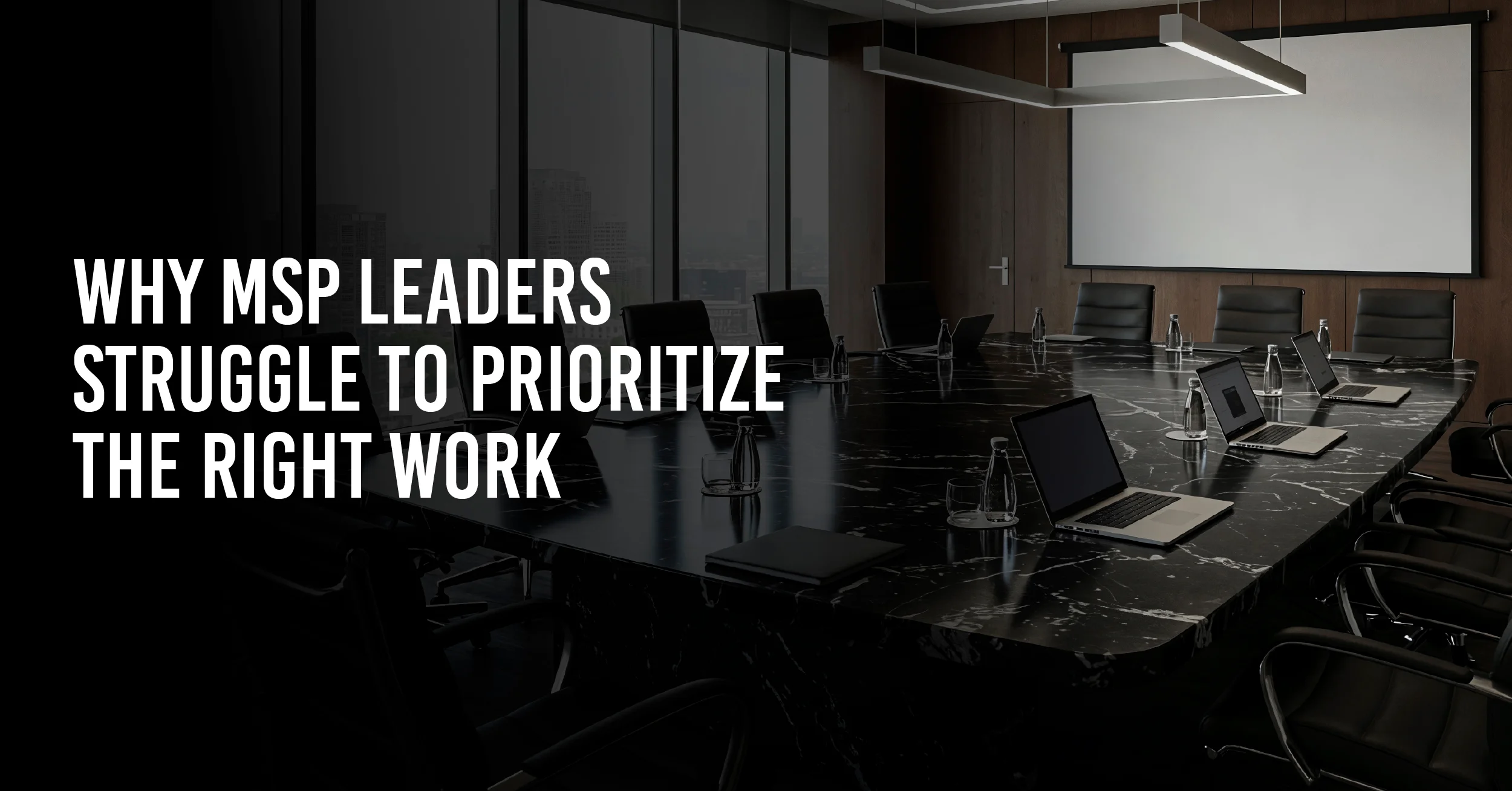Life sucks! We all have those days when it seems like everything is going wrong in the world. Whether you have a co-worker who isn’t performing, a spouse who is picking fights, kids and their drama (enough said), there are so many things that impact our lives and makes us just stop and think –— this sucks. What I realized was, during one of my “Life Sucks Time Outs”, was that we actually don’t spend enough time learning to be resilient in life.
I remember being in the eighth grade and as electives, I had to take a cooking class, metal art, sewing and typing. Those were the life skills that back in the early 90’s were important to schools. Do I remember how to sew? Ummm no but I can still type really fast ????. I started thinking about these life skills the other day. You see, Shaan (my youngest) is graduating middle school and will start high school in the fall. We received an email that we had to select his course schedules and register by the 19th, and the portal would open at 9 AM. As many of you parents know, it has become a fight to the finish when registering our kids for any classes or activities. The morning of the registration is a nail biter. There are two alarms set on your clock to make sure you don’t oversleep, and the coffee timer is set, so the mug is piping hot when we sit down at our desk.
Well, as we were reviewing the course electives for the ninth grade, I noticed how his classes were completely different than ours, there was Business Finance, Marketing, Business Basics, Automotive, Graphics Design and the list went on and on. It felt great that the school system had evolved and started teaching our kids about future careers, but what about life skills like resilience, accountability, leadership and collaboration? Hmm….that made me wonder.
When do we talk about how we help ourselves and our children grow into being stronger human beings? I remember, someone once asked me, if you had to leave this world today and you had to pick one characteristic that you left your children with, what would that be? Now I sat there thinking about this question for quite some time, and finally answered that I want them to be able to be resilient, because they will fail, it’s how they recover from those failures that will steer their future course. There are many days when life sucks, but how do we address that? It’s a mental state, and it’s easier to say ‘practice gratitude’ than actually implement it.
In our industry, delivering service is tough. No one ever calls us to just chat. The tone of voice is harsh, or abrupt. They have deliverables that need to be met and for whatever reason their computer is not working (and they’re frustrated, of course). That’s a lot of stress and anxiety being emitted through a telephone towards our teams, or in person. In the industry there is usually a 2-year turnaround on engineers because they burn out. And it’s not just us, there are so many services– based organizations that have to deal with people, and that requires patience and resilience. I wonder how much of the turnover could be avoided if we implemented resiliency training into our onboarding process and constantly had check– ins?
I, for one, wish I could go back in time and implement a training program – because there were definitely team members we lost that we wish we could have back. Even for myself, had I learned how to be more resilient as a child, I would have been able to spend more time embracing what was, versus what wasn’t, and having a positive outlook as I moved forward. That’s a lot of years I wish I could get back.
So, what can we do?
It begins with us acknowledging that there is a need for us all to learn to be more resilient.
Then, it starts with us leaders. We have to be willing to learn the skills to become resilient ourselves, and then, how to transfer that knowledge to our teams. It’s a constant work in progress, building a support system that helps someone cope with the “Life Sucks” moments.
It’s a topic that is near and dear to my heart, and one of the reasons why we launched resiliency training at Build IT. It’s the one training that I think every service– based organization must invest in. One employee lost costs us between 6-9 months’ worth of wages. If we can increase our team tenure time by investing in resiliency, not only will we be supporting their mental health and well– being, but we will also be building a resilient culture within our organizations that will help in growth and sustainability.
I know, it’s a lot to process and a deep topic this week. But it’s an important one that has been festering in my mind for some time. If you would like to chat more about the topic, or learn about our training program, please feel free to reach out. If you are a leader of an organization, please consider investing in a training program to support your team. If you are a member of a team, bring this up in your next weekly meeting. It’s a skill that some of us learn the hard way, and life teaches us, but for others, it’s one that is missing the most. So, this year, let’s all make a resolution to grow together, and focus on the skills that will provide the most impact to the mental state of both you and your team.








